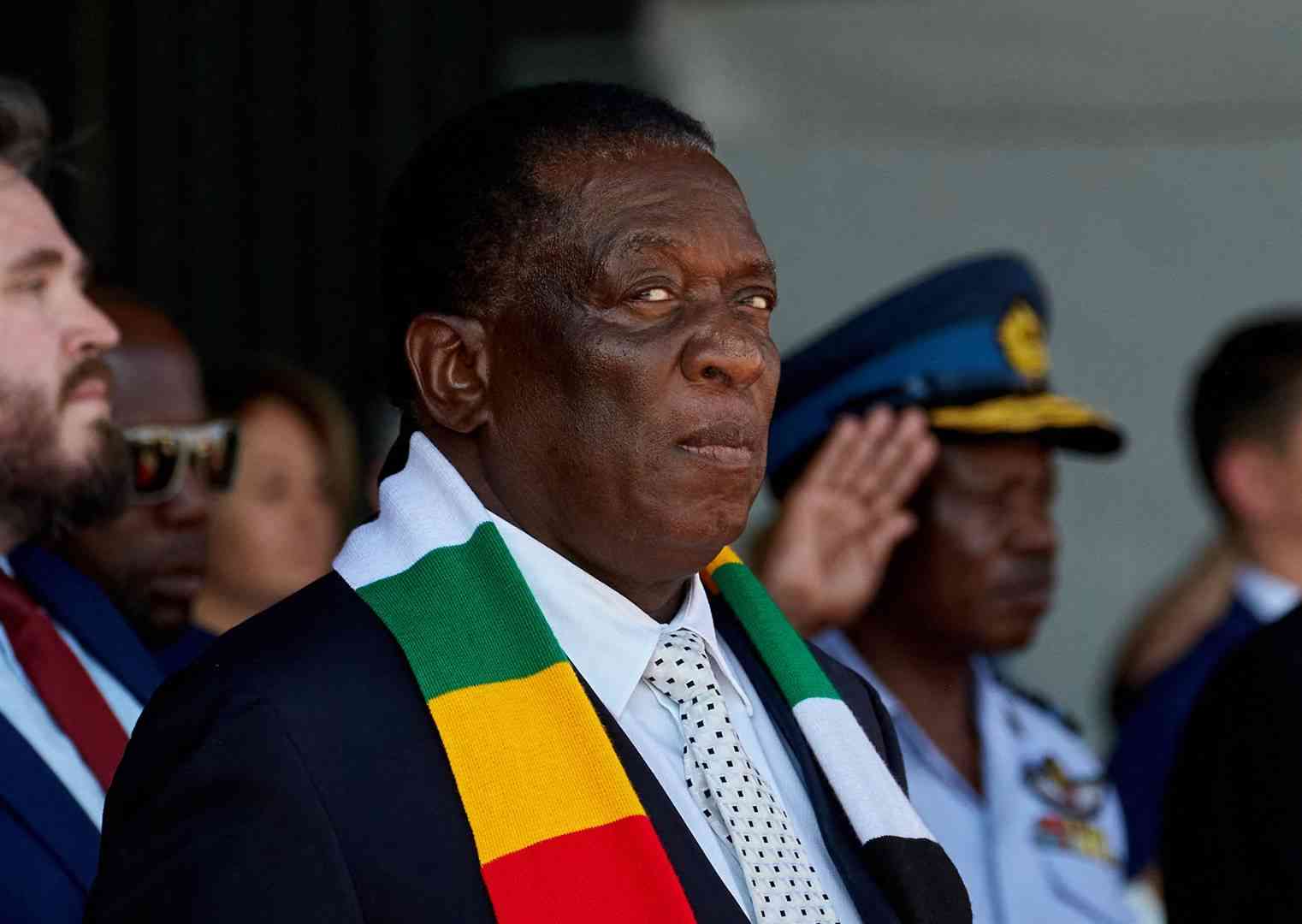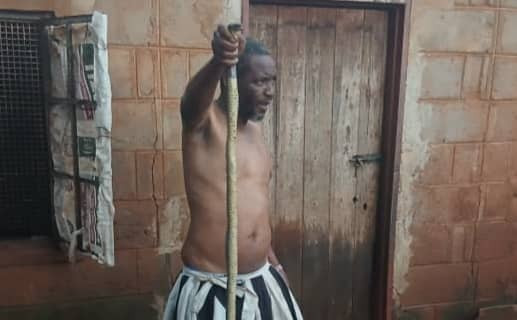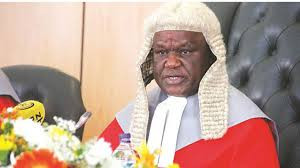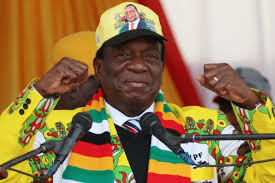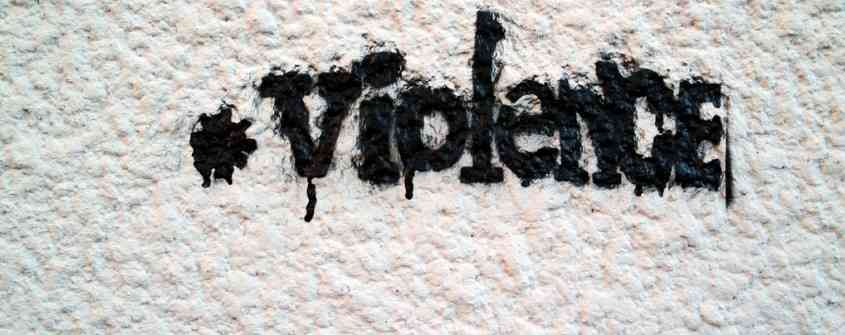
Former United States president Barrack Obama once opined: “We know we can't stop every act of violence, every act of evil in the world, but maybe we could try to stop one act of evil, one act of violence.”
Those wise words will find relevance in today’s Zimbabwe for many reasons.
Beautiful as it is, Zimbabwe has a reputation for politically motivated violence, especially during the election season.
The deliberate use of power and force to achieve political goals dates back to the days of early independence, which were stained by the Gukurahundi atrocities in Matabeleland and Midlands.
In 2002, political violence claimed 16 lives according to a report by a human rights umbrella group.
In 2008, the government at the national and local levels actively, methodically, and deliberately targeted the Movement for Democratic Change (MDC) activists and perceived opposition supporters in an effort to crush the MDC and ensure that the late former president Robert Mugabe was re-elected in the run-off elections on June 27, 2008.
This campaign of violence and repression resulted in thousands of deaths.
Some political parties in Zimbabwe have developed patterns or routines that have not served us well in our pursuit of sustained growth or prosperity.
- Mavhunga puts DeMbare into Chibuku quarterfinals
- Bulls to charge into Zimbabwe gold stocks
- Ndiraya concerned as goals dry up
- Letters: How solar power is transforming African farms
Keep Reading
Although these habits have prevented us from reaching our objectives, some people find it difficult to break free from them.
These harmful habits can become so habitual that people perform them without thinking.
However, unhealthy habits are destined to become barriers with time, weighing us down and compelling us to admit that they are not beneficial for us.
Political violence might work to intimidate people to vote for the ruling Zanu PF party, but that will not fix struggling Zimbabwe’s economy.
This quote from Warren Buffett not only applies to the broad scope of society and culture, but it applies to the needs of our individual selves. Buffett’s quote summed this up quite well by saying:
“Chains of habit are too light to be felt until they are too heavy to be broken.”
Our politicians will not drive the shift. Only an involved citizenry has the power to alter our political system.
The disturbing video that circulated last week on social media platforms of elderly Citizens Coalition for Change (CCC) supporters being attacked by suspected Zanu PF youths in Murehwa shows that we are on the verge of a 2008 situation if the crisis is not addressed immediately.
It is heart breaking to see elderly men and women being abused and interrogated for attending a political meeting and being called sell-outs.
Our politics has extinguished the spirit of Ubuntu.
The inclusive nature of the principle of Ubuntu holds those who are embraced by it accountable on moral and ethical grounds and its importance to politics.
This is especially true of the politics of rationality and psychological recovery during election season.
Zimbabwe experiences the worst political violence during election periods.
There is a need for a change that can help us think differently and there is no replacement for opposing unfair practices like what occurred in Murehwa when it comes to social transformation.
Individual and interpersonal activities alone do not result in profound social transformation.
Political and social change is usually incremental. We seem to take two steps ahead, one step back when it comes to dealing with political violence.
Organisations and institutions that make a significant difference should exist.
The first step in saving our country is to realize how much we have already lost through politically motivated violence traced from 2000 and how we lost it, and how we will continue to lose lives unless fundamental political changes occur.
- *Evans Mathanda is a journalist and development practitioner who writes in his capacity. For feedback email: [email protected] or call 0719770038 and Twitter @EvansMathanda19

